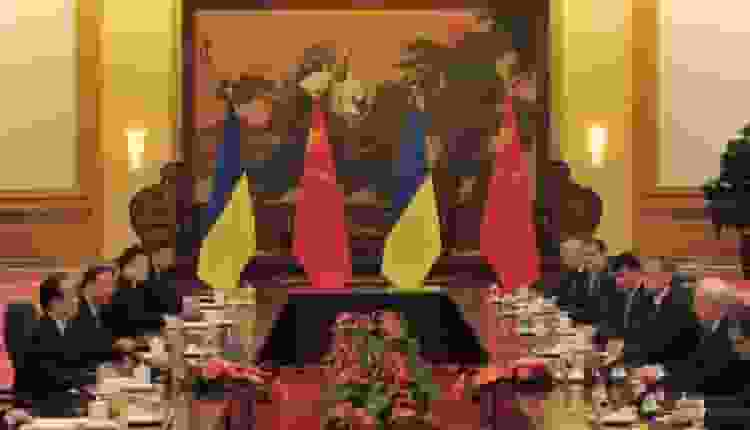
The recent participation of China in a summit aimed at resolving the Ukraine conflict has triggered a mix of cautious optimism and suspicion among European officials.
While the move is seen as a small victory in the diplomatic realm, it has also highlighted the intricate and delicate relationship between Europe and China.
China’s Subtle Diplomacy: Presence at Summit Amid Complex Global Relations
China’s attendance at the summit in Jeddah, Saudi Arabia, sent a subtle but important message to the international community.
Even though China maintained its stance of impartiality, its presence at a meeting that Russia claimed not to be invited to suggest that China is not openly siding with Russia against the West. In a world of diplomatic zero-sum games, the fact that Russian President Vladimir Putin didn’t achieve exactly what he desired is considered a noteworthy achievement.
“We never expected China to fully align with the Western position, but its support for this meeting is a major disappointment for Russia,” revealed a senior EU official to CNN.
This sentiment was echoed by multiple European sources. China’s engagement with the West, its conversations with Ukraine, and its pushback against Russia have been positively received by Europe, even though suspicions about China’s intentions remain due to ongoing economic, diplomatic, and security ties.
While China’s engagement might be seen as a blow to Russia, it is still viewed with skepticism by Western allies due to the complexities of their relationship.
Despite participating in the summit, China hasn’t appeared to diminish its ties with Russia. China’s top diplomat, Wang Yi, reiterated China’s impartiality in the conflict, and joint military exercises between the two nations continue, including a recent naval patrol off the coast of Alaska.
China’s strategy seems to involve maintaining a delicate balance between various stakeholders.
While attending the summit could be seen as a form of damage control in terms of public relations, China’s overarching stance appears to be one of maintaining ambiguity in its position.
Its strategic engagement aims to prevent any drastic shift in Europe’s approach towards China.
Read more: Biden’s National Security Concerns Lead To Restrictions On Investments In China
Navigating China-Europe Relations: Ambitions, Alliances, and Complex Dynamics

The relationship between China and Europe, particularly regarding China’s ties with Russia and its failure to condemn Moscow’s actions, has led European nations to reevaluate their stance.
China’s objective seems to be keeping European nations from aligning too closely with the United States, while also maintaining economic links that make it difficult for hardliners to pull Europe away from China.
Alicja Bachulska, a policy fellow at the European Council on Foreign Relations, interprets China’s current activities as an attempt at damage control in terms of public perception.
By attending meetings like the one in Jeddah, especially when Russia is not involved, China aims to create positive headlines.
However, some remain skeptical about the extent to which China can truly influence global affairs.
In conclusion, while China’s involvement in the summit has not significantly altered Europe’s perspective on its most complex international relationship, it has provided a glimpse into the intricate dynamics at play.
Europe’s relationship with China hinges on the careful balance between economic dependence, security concerns, and the pursuit of ambitious global objectives.
As Europe continues to set ambitious goals in various domains, including climate change and technology leadership, it strives to maintain its alliance with the United States while managing its relationship with China.
This approach reflects the nuanced challenges and opportunities that define the evolving landscape of international diplomacy.
Read more: China’s Smart Device Ambitions Trigger FCC Call To Action For Global Oversight

